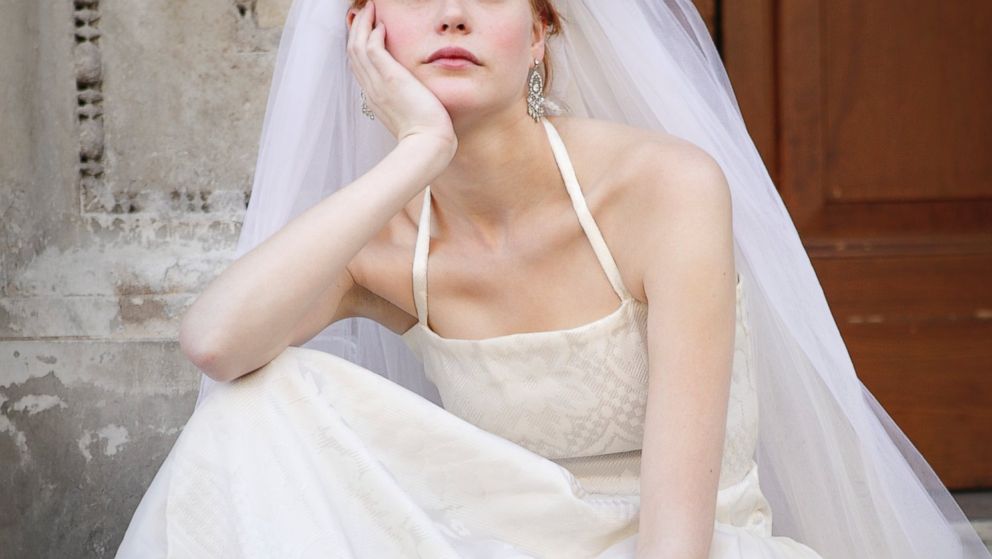Post-Wedding Depression is a Real Thing
Emotional lows after the honeymoon can cause a rift in one's relationship.

— -- After months of planning, Christine Porretta’s wedding in New York City was by her own account one of the best days of her life. There was a beautiful rooftop view, delicious cake and even a post-reception photo shoot in the heart of Times Square.
So why was she feeling the blues afterward?
Like many recently married brides and grooms, Porretta was going through what is commonly referred to as “post-wedding depression,” an emotional response to the withdrawal one experiences after the intense high of saying “I dos.”
“You’re doing some of the most intense planning of your life, whether that’s for a couple of months or a year before the big day, and then suddenly it’s all over,” she told ABC News. “When you get back from your honeymoon to your regular life, you’re often looking for that same excitement and it’s not there.”
Fortunately, she knew she wasn’t alone. As the editor of The Nest, an online community for newlyweds, Porretta frequently saw message boards in the forum relaying similar feelings from myriad married commenters across the country.
“I just got married a few weeks ago in Livonia and I feel like I've lost something,” begins one such post on The Nest. “I'm so happy to have married the love of my life but I feel like I was looking forward to it for so long and now it's over. Our amazing honeymoon is over and since we're not planning on having kids for a while I feel like I have NOTHING to look forward to for a long, long time.”
Kristin Griffin, a wedding photographer based in Halifax, Massachusetts, blames some of the blues on today’s social-media centric culture.
“[After getting engaged] every other ad on your newsfeed will be wedding-related,” Griffin said. “It's so constant that it's hard to get away from, and even after the wedding ends, couples have weeks of reliving their special day through their friends' additions to their Instagram accounts, congratulatory tweets or updated statuses. Then one day, it just stops.
“There's no more vendor meetings, agonizing over daisies or dahlias, watching things disappear off the registry or counting RSVP's…” she continued. “I meet with my couples about two weeks to two months after their weddings so we can design their wedding album, and I definitely hear a lot of complaints that they don't know what to do with their time now. They feel like something is missing, now that the wedding is over. I think post-wedding depression is a lot like post-partum. It affects everyone differently, and some aren't afflicted at all, but it's very real and very common, in what I've seen from working with couples.”
Psychologists seem to agree.
“Post-wedding depression is very real,” said Shannon Kolakowski, PsyD, and author of When Depression Hurts Your Relationship. “Many people--both male and female--experience the post-wedding time period as anti-climactic. All of the planning, attention, and excitement is over. And research shows that the first year of marriage is one of the most difficult adjustment periods in marriage. In combination, it can lead to depression.”
Kolakowski recommended initiating new plans as a form of distraction.
“Continue making social engagements with people who matter--plan a small dinner party for a few friends, host a weekend BBQ, or plan to go visit your cousins a few months after the wedding,” she said. “Planning social events will bolster you from isolation and loneliness that can lead to depression.”
Shifting one’s perspective can also help.